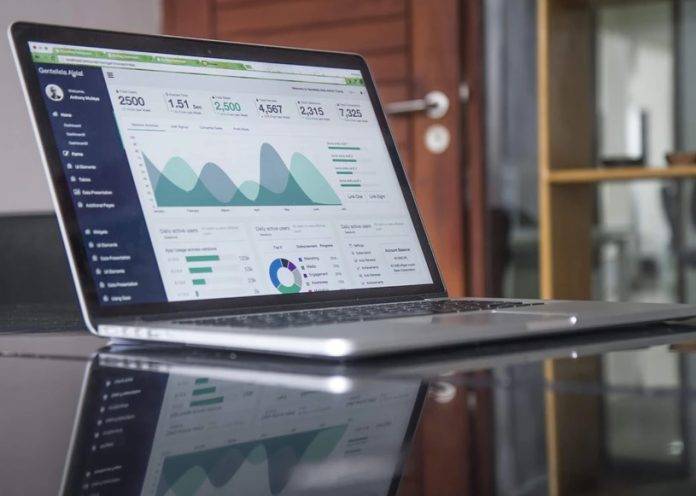New research from Codat has revealed SMEs’ strong appetite for the benefits of Open Finance. As the debate around Open Banking and Open Finance gathers pace, 7 out of 10 of businesses say financial integrations make their business operations faster and more efficient.
However, these integrations must focus on the right data. Businesses think it is more important for a financial app to connect to their accounting software than their bank – 21% more respondents stated that they would not use an application that didn’t integrate with their accounting software. Sharing data via a portal is also seen as more secure than via email, with 82% in agreement. Furthermore, nearly two-thirds (63%) of businesses believe that time spent on accounting admin takes them away from growing their business.
The findings are revealed in Codat’s Open for Business report which explains the case for a fresh approach to Open Finance that will benefit SMEs and their financial service providers, and in turn fuel economic growth.
Currently, policy conversations around extending Open Banking into a broader form of Open Finance are concerned with consumer interests and are not taking into account the needs of small businesses. Opening up datasets such as pensions, mortgages, investments, energy, and telecoms ignores the most vital financial data to small businesses.
It’s time to rethink
The framework for judging which datasets should next be incorporated into Open Finance and Open Data policy must take into consideration the frequency with which the data is shared or moved between systems and the value the sharing process offers.
Gavin Littlejohn, Chair of FDATA Global (Financial Data and Technology Association), said: “Open Banking regimes to date have focused on consumer needs as default. As the conversation develops to address finance more broadly rather than banking, the needs of these two groups will diverge further and therefore, it’s critical that lawmakers consider the distinct requirements for small businesses when designing Open Finance policy.”
The way forward
To best benefit small businesses, policymakers should next consider accounting and sales data, versus for example, mortgage, investment, or utilities data.
“The advantage of fit for purpose Open Finance for SMEs is evident,” said Peter Lord, CEO at Codat. “We firmly believe that small businesses own their financial data and they should be able to share it freely with whomever they like – no matter which system holds that data. Although many small business financial platforms already have open APIs, the reality is that there are significant hidden barriers that make accessing and sharing data difficult. Appropriate regulation should work for all parties and ensure that small and medium-sized businesses everywhere can benefit from Open Finance.”
The Open for Business report summarises three recommendations:
-
The needs of small businesses and consumers will diverge further when it comes to Open Finance than Open Banking. When the Financial Conduct Authority in the UK, the CFPB in the United States and other regulatory bodies address and consult on Open Finance, small business needs should receive separate consideration.
-
The next data sources for Open Finance should be prioritised based on the value of the data sharing process and frequency.
-
Unquestionably for businesses, accounting data should be next.






















